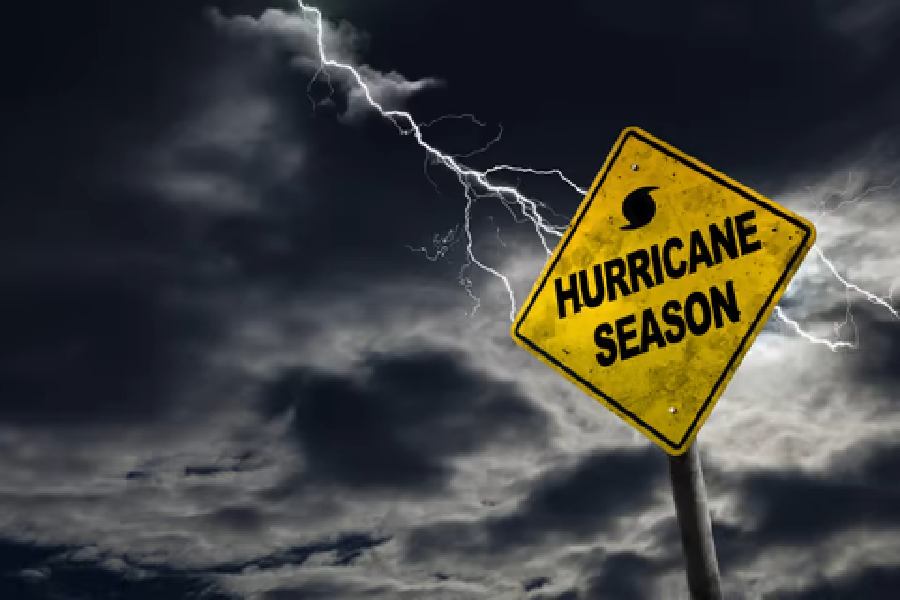The Insurance Information Institute (Triple-I) has issued a warning that tropical cyclone activity in the forthcoming 2022 Atlantic hurricane season may be “far above average.”
Triple-I cited Colorado State University’s (CSU) most recent updated forecast, which predicts around 20 named storms instead of 19, 10 hurricanes instead of nine, and five major hurricanes instead of four for the storm season ranging from June to November. On the Saffir-Simpson Hurricane Wind Scale, major hurricanes have wind speeds of Category 3, 4, or 5.
In comparison, the 2021 Atlantic hurricane season had 21 named storms, which was the third-highest number ever. Seven of the 21 storms were hurricanes, with four of them reaching major hurricane strength.
According to CSU’s latest estimate, there is a 76 percent likelihood that a significant hurricane will make landfall in the continental United States this year. There’s also a 51% risk of a hurricane hitting the US East Coast, and a 50% likelihood of a significant hurricane making landfall between the Florida Panhandle and Brownsville, Texas.
The CSU’s findings are similar to those of Acrisure Re, which forecasted a colder Atlantic surface temperature in 2021 than in 2021, potentially leading to an above-average hurricane season.
A typical hurricane season, according to Triple-I, would see around 14 named storms, seven hurricanes, and three major hurricanes.
“All signals point to another active season,” says the National Hurricane Center, which is already tracking areas of potential tropical development this week
Kevelighan. “Residents of coastal states from Maine to Texas are particularly vulnerable to hurricanes and tropical storms. It only takes one storm to turn this season into an active one for you and your family, so get ready now.”
Both homes and business owners, according to Kevelighan, should evaluate their policies with an insurance agent to guarantee adequate coverage for wind and water damage.
“That also entails determining whether they require flood insurance, as flood-related damage is not covered by conventional homes, condo, renters, or business insurance plans,” added the CEO. “In addition, homeowners should build roof tie-downs and sufficient drainage to make their homes more durable to windstorms and severe rain.”





